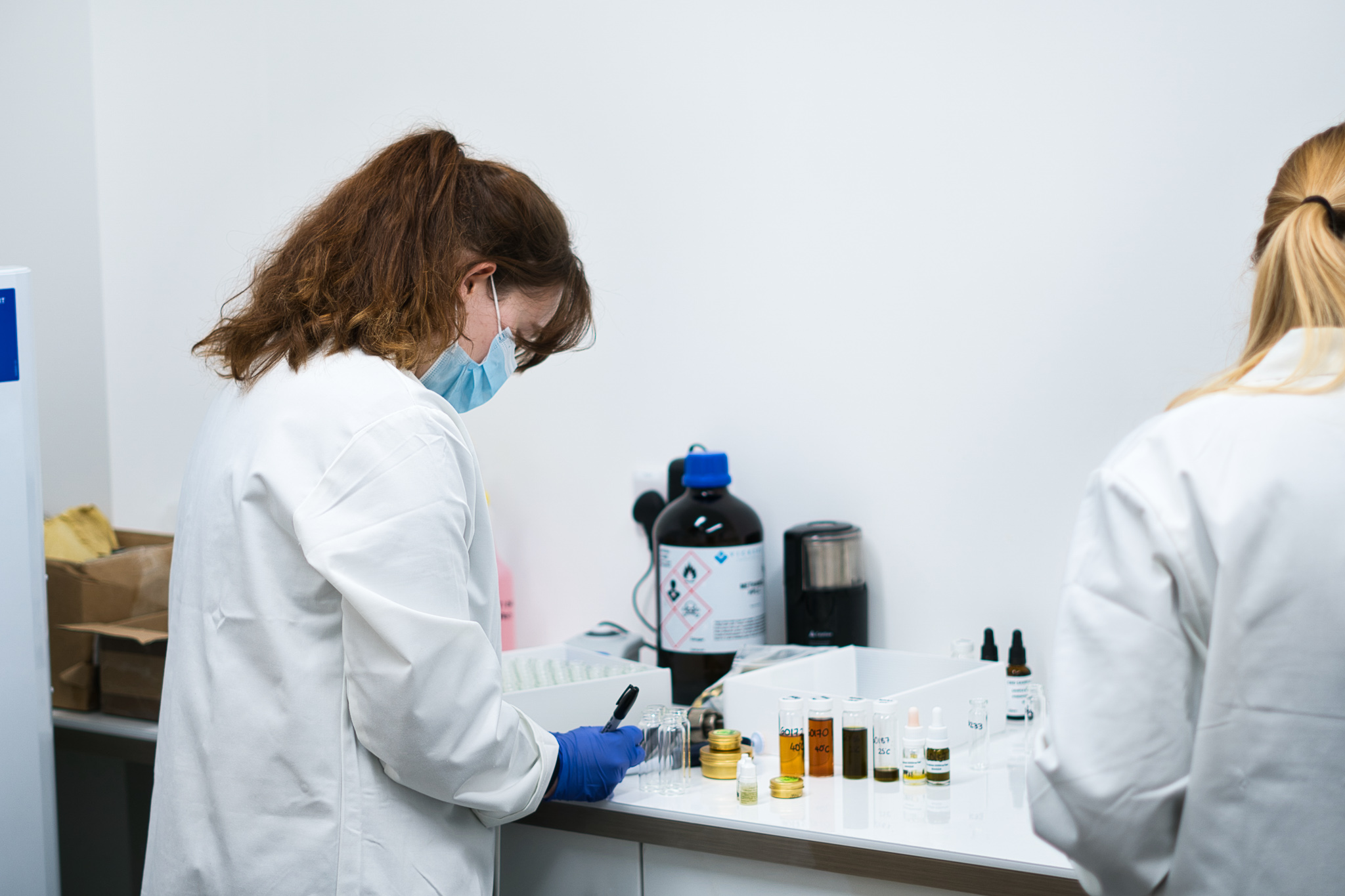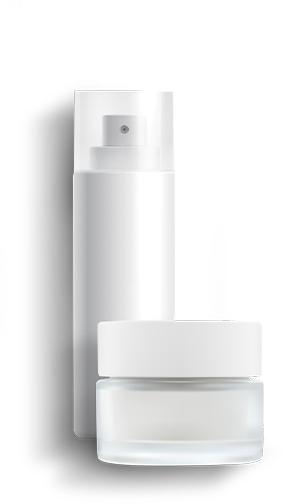Organoleptic testing in cosmetics is vital in creating products that are not only safe and of high quality but also aligned with consumer preferences, which is crucial in the competitive cosmetics market.
Consumer Satisfaction:
It helps in formulating products that are appealing to consumers. Attributes like texture, fragrance, and appearance significantly influence a customer’s decision to repurchase a product.
Product Development:
It facilitates fine-tuning the product during the development stage. Developers can modify the product based on the feedback from organoleptic tests to meet the expected standards of quality and consumer preferences.
Quality Control:
Organoleptic testing is an essential part of quality control, ensuring consistency across batches. By routinely testing products, manufacturers can maintain a consistent quality, which helps in building brand trust and loyalty.
Safety:
Through organoleptic testing, potential issues such as off-odors or changes in texture, which may indicate product contamination or spoilage, can be identified early, helping in ensuring the safety of the product.
Regulatory Compliance:
Meeting the necessary industry and regulatory standards is essential, and organoleptic testing can be a part of fulfilling these requirements, ensuring that products are not only safe but also meet the expected quality standards.
Market Research:
It can be used as a tool for market research, helping to understand consumer preferences and trends, which can guide the development of new products or the reformulation of existing ones.
Product Positioning:
Helps in product positioning by creating products with distinct organoleptic properties, which can serve as a unique selling point in marketing and advertising campaigns.
Sensory Experience:
Cosmetics are products that are often chosen based on the sensory experience they provide. Organoleptic testing helps in crafting a product that delivers a pleasant and desired sensory experience, enhancing the overall user satisfaction.
Innovation:
It aids in innovation by providing insights into how different formulations affect the sensory attributes of the product, encouraging the creation of novel and improved products.
Cost-Efficiency:
It can help in creating cost-efficient products by understanding how changes in formulation affect the sensory attributes, allowing manufacturers to create products that meet the desired standards while also being cost-effective.
Take the next steps
If you would like to know more about the services ADSL provides or speak to a member of our Formulation and Development department please call +44 (0) 1803 520 048 or book a free video consultation with us using the Get Started link.






